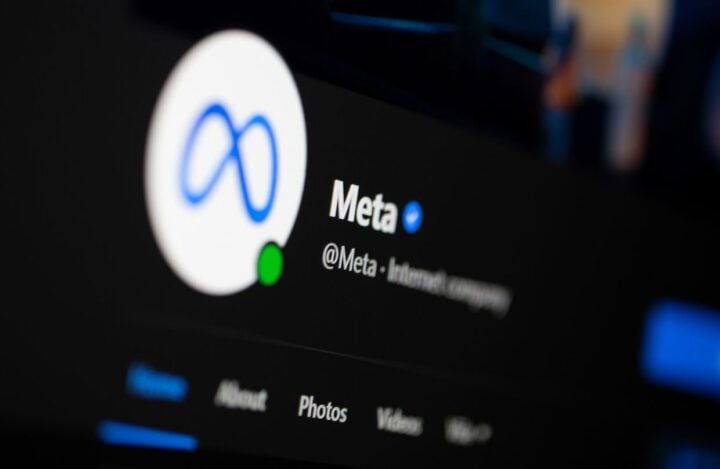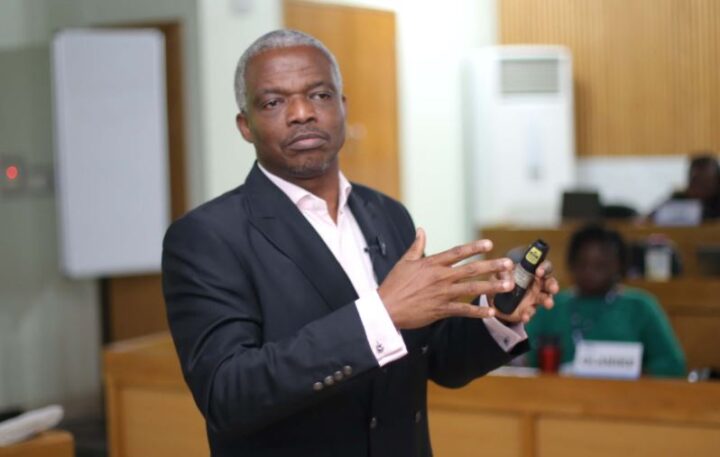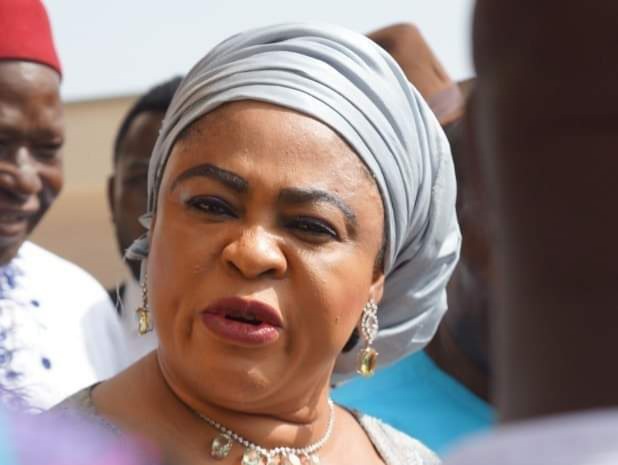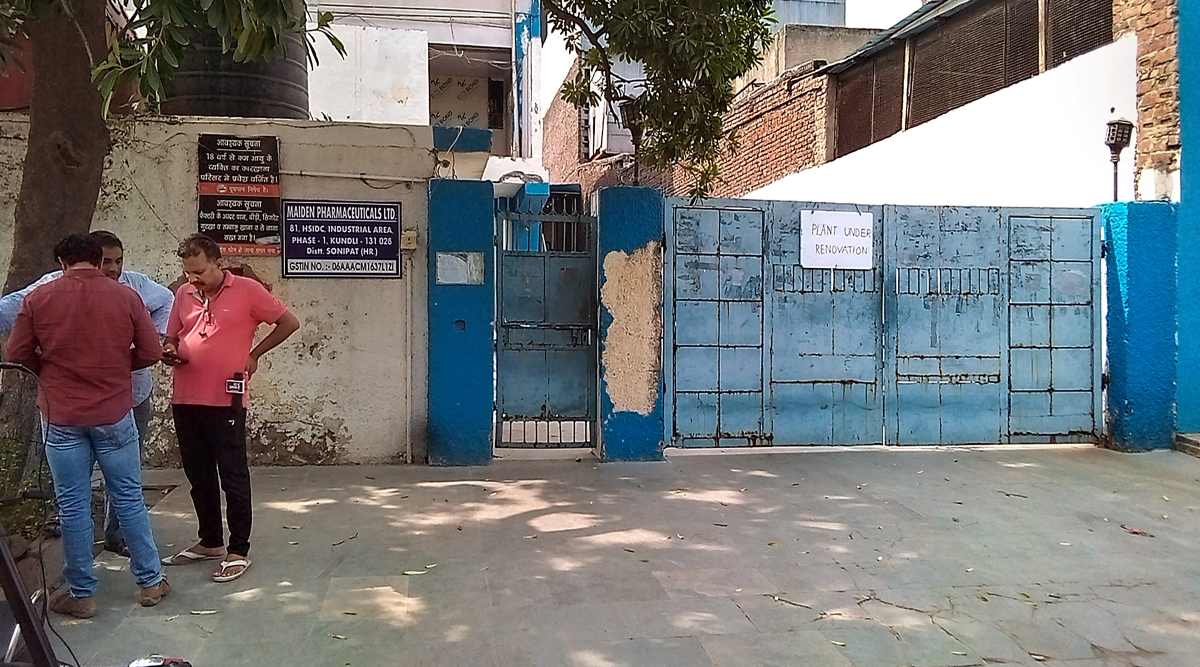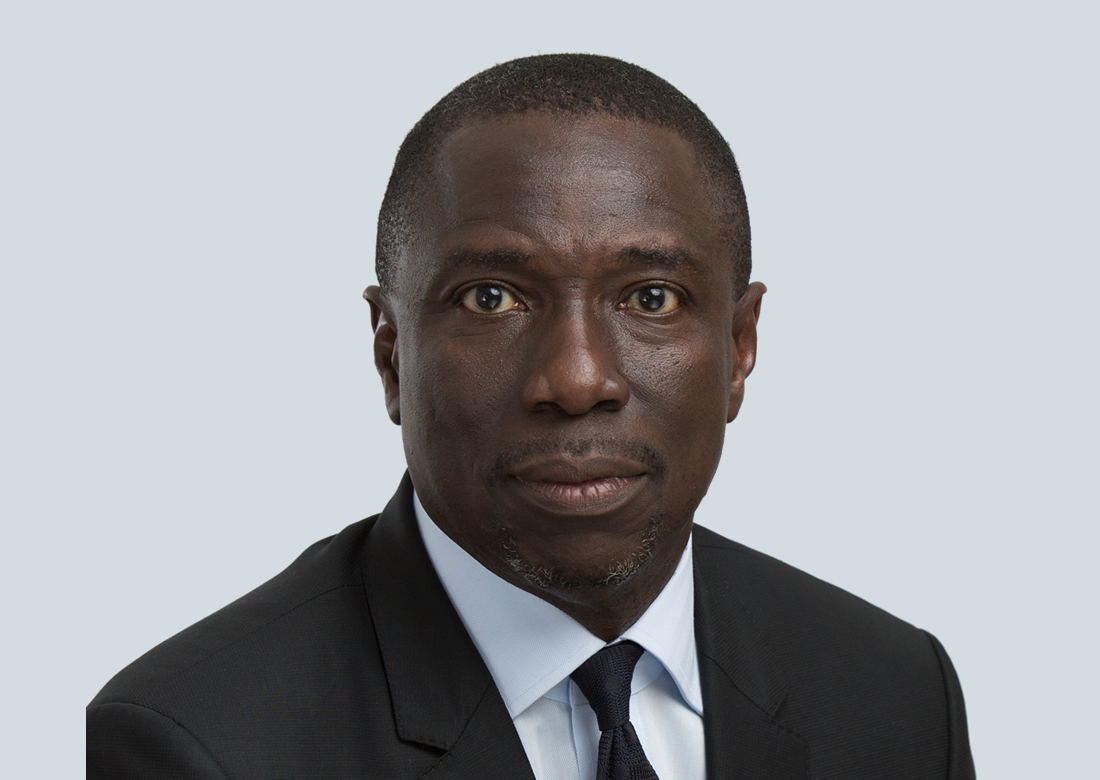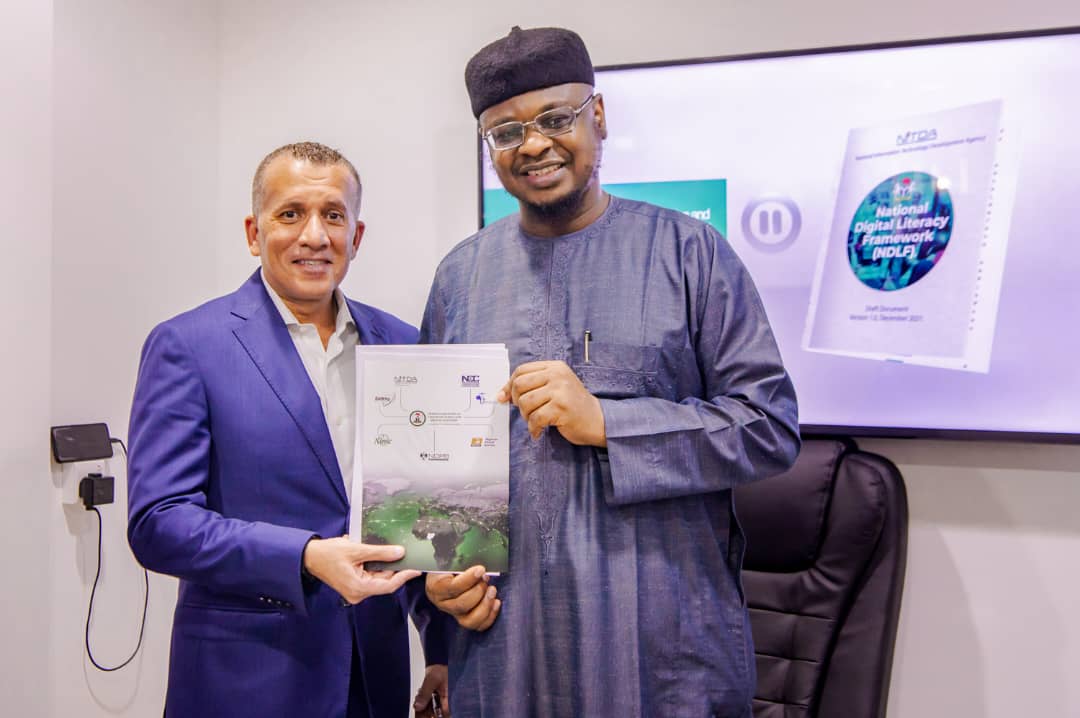Forget about Facebook. It's time to meet Meta. — Reuters
Last week, the Advertising Regulatory Council of Nigeria (ARCON) announced that it had instituted a suit against Meta Platforms Incorporated and its agent, AT3 Resources Limited.
Meta Platforms Incorporated is the parent company of Facebook, Instagram and WhatsApp.
In the suit which was filed at the federal high court, Abuja, ARCON accused Meta of exposing various advertisements to the Nigerian market through Facebook and Instagram without ensuring that they were vetted and approved.
The apex regulatory body for advertising in Nigeria demanded N30 billion as a penalty against Meta for “violation of the advertising laws and loss of revenue to the federal government”.
Advertisement
“ARCON reiterates that it would not permit unethical and irresponsible advertising on Nigeria’s advertising space,” the agency said.
“ARCON further states that it is not regulating the online media space but rather advertising and marketing communications on the online platforms in line with its establishment act.”
WHO ARE THE KEY PLAYERS?
Advertisement
ARCON was formerly known as the Advertising Practitioners Council of Nigeria (APCON).
Signed into law by President Muhammadu Buhari in August, the Advertising Regulatory Council of Nigeria Act No 23 of 2022 repealed the APCON Act and established ARCON as the apex regulatory authority for the Nigerian advertising industry.
The act also empowered ARCON to make provisions for the regulation and control of advertising, ensure the protection of the general public and consumers, promote local content and entrench the best international practices.
The agency is currently headed by Olalekan Fadolapo.
Advertisement
Meta is an American multinational technology company which owns Facebook, Instagram and WhatsApp. Mark Zuckerberg is the chief executive officer of Meta.
AT3 Resources, a Lagos-based public relations firm, manages Meta’s reputation and strategic communications in Anglophone West Africa countries which includes The Gambia, Sierra Leone, Liberia, Ghana and Nigeria.
WHAT ADVERTISING LAWS DID META ALLEGEDLY BREACH?
Chukwudi Ezeaba, head, ARCON legal department, said the majority of advertisements shown to Nigerians on Facebook and Instagram are published or broadcast without vetting and approval by the advertising standards panel (ASP) established by section 53 of the ARCON Act.
Advertisement
He said Nigerians are exposed daily to unapproved advertisements on these platforms.
He said the advertisements also violate different articles of the Nigeria Code of Advertising Practice, especially Article 24 of the code which requires all advertisements (with few exceptions) directed to or targeted at the Nigerian market to be vetted and approved by the ASP.
Advertisement
HOW DOES VETTING OF ADVERTISEMENTS WORK?
ARCON defines vetting as the process of submitting advertisement materials for a formal and thorough examination by the ASP prior to the granting of approval or clearance for such materials to be publicised, aired or printed.
Advertisement
Advertisers are required to pay a vetting fee to ARCON.
Regular vetting costs N25,000 while eight hours accelerated vetting costs N280,000 and 16-hour accelerated vetting goes for N150,000.
Advertisement
According to ARCON, a media house or agency which exposes an advertisement without the ASP certificate of approval is liable to a minimum penalty of N500,000.
Ezeaba said that as much as the primary purpose of the ASP’s pre-exposure vetting is to ensure that unethical advertisements are not exposed in Nigeria, the vetting process also generates revenue for the federal government.
BAN ON FOREIGN MODELS
In August, ARCON banned the use of foreign models and voice-over artists in Nigerian adverts.
The motive for the policy, according to ARCON, was to protect local talent and boost the local economy.
The ban became effective on October 1, 2022.
Ezeaba, however, said the policy permits ASP-approved ongoing campaigns with foreign models and voice-over artists to run their full course.
He said ARCON will not eject such ongoing campaigns from the media until the duration granted to them is exhausted.
But henceforth, ASP will no longer entertain applications for vetting advertisements with such models or voice-overs.
Asked if the ban applies to white people who live in Nigeria and possess Nigerian passports, Ezeaba said ARCON never defined “foreign” by skin colour.
“Any model or voice-over artist who does not qualify as a citizen of Nigeria in line with the provisions stipulated in the Constitution of the Federal Republic of Nigeria 1999 (as amended) as a Nigerian citizen is a foreign model or voice-over artist,” the ARCON official explained.
Add a comment
